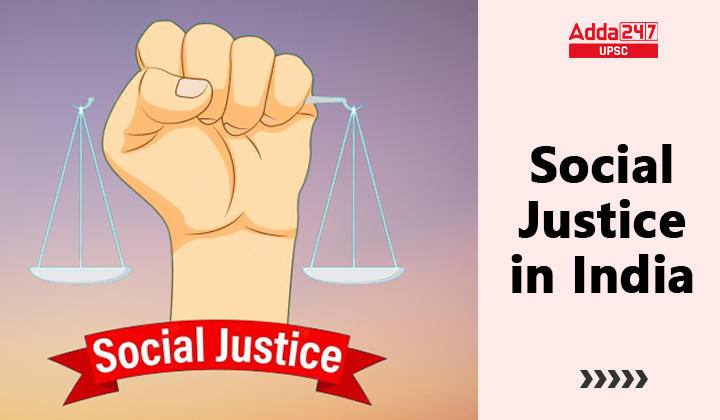Table of Contents
Social Justice in India: The recent release of caste survey data by the Bihar government has ignited a fervent debate in India, particularly among liberals who seem apprehensive about the potential ramifications of making this information public. This marks a historic moment, providing a reliable snapshot of the caste makeup of Indian society, yet some liberals argue against its publication. This article delves into the complex dynamics of the caste census debate, examining the fears, anxieties, and arguments presented by liberals who oppose it. It argues for a reevaluation of liberal stances, suggesting that India deserves a brand of liberalism that embraces social justice rather than viewing it with suspicion.
The Power of Information in Liberal Thought
Historically, liberals have championed the free flow of information as a cornerstone of democracy, recognizing its role in combating tyranny. The opposition to the caste census data publication by some liberals seems contradictory to this foundational principle. This section explores the historical context of liberal thought and the implications of withholding information from the public.
The Mirage of Social Justice
Critics of the caste census often reduce the broader issue of social justice to a mere demand for reservation, dismissing it as a mirage that might lead politics astray. This section dissects the arguments against social justice, emphasizing the multifaceted nature of the concept and the importance of understanding it beyond the lens of reservation policies.
Fear of Unraveling Political Coalitions
There is an atmosphere of fear among political parties regarding the possible results of caste census data. Focusing on the political landscape and delicate caste alliances, which have been carefully constructed. The article questions whether opposition to the census is rooted in fear of losing a carefully united, winning ethnic coalition.
The Phantom of Caste Politics
Opponents of the caste census often express concerns about exacerbating caste politics by making the data public. This section challenges the plausibility of this argument by highlighting the persistence of caste-based politics even without recent census data. It argues that not collecting caste data does not eliminate caste-driven politics but rather keeps it in the shadows.
Consolidation of Caste Identities
Deeper anxiety among critics is the fear that releasing census data will officially recognize and further consolidate caste identities. This section delves into historical perspectives, examining the impact of the colonial census on the transformation of fluid jatis into rigid caste hierarchies. It questions whether a similar consolidation is inevitable in contemporary India.
Forging a Unique Indian Liberalism
The article advocates for a departure from historical ideological battles and a reimagining of liberalism in the Indian context. It suggests that India has the agency to shape a unique liberalism that aligns with the goals of social justice rather than approaching it with suspicion. This section explores the possibilities of a liberalism that embraces, rather than rebukes, the politics of social justice.
Conclusion, Towards an Inclusive Liberalism
In conclusion, the debate surrounding the caste census in India reflects deeper anxieties and historical complexities. Liberals’ opposition to the publication of data seems at odds with their advocacy for transparency and the free flow of information. By dissecting the fears surrounding the census, this article calls for a more inclusive form of liberalism—one that recognizes the importance of social justice and refrains from reducing it to a single policy dimension. India deserves a liberalism that engages with its unique historical and social context, forging a path that transcends the ideological battles of the past and embraces the complexities of its diverse society.



 TSPSC Group 1 Question Paper 2024, Downl...
TSPSC Group 1 Question Paper 2024, Downl...
 TSPSC Group 1 Answer key 2024 Out, Downl...
TSPSC Group 1 Answer key 2024 Out, Downl...
 UPSC Prelims 2024 Question Paper, Downlo...
UPSC Prelims 2024 Question Paper, Downlo...




